Looking after all aspects of your wellbeing
We strongly believe in the importance of taking a whole-body approach to your care and your emotional health is just as important as your physical wellbeing!
From starting your fertility pathway, managing the ups and downs and the rocky terrain that fertility treatment can bring, and assisting you to prepare for the road ahead.
Use these pages as a tool, to develop strategies to help you in your fertility journey - for the good times and the bad. As you go through treatment, don't wait until you experience nervousness or uncertainty before you think about seeing a counsellor! We are here to help you prepare for all the shades of emotion that you may experience and it can be helpful to do this early, rather than wait until you are facing challenges.
In these pages you will find many resources to help you navigate your own path. This space is all about you! Take some time to explore, make it your own and share it with others.
One of the most challenging aspects of infertility is riding the emotional ups and downs of medical treatment, the uncertainty about outcomes, and the challenge of making often complex decisions. While it's common to experience heightened emotions through this time, it’s also comforting to know that you have a tool kit ready to help you on the road ahead.
Everyone’s journey is personal to them and what’s helpful for someone else might not be what’s helpful for you. Pick and choose the resources that are most applicable to your own personal journey and create your own personalised wellbeing plan with our ‘wellbeing template’.
Taking a whole person approach to health means looking at all areas of your personal being. Find resources on this page that focus on your physical health-taha tinana, emotional health-taha hinengaro , social health - taha whānau and spiritual wellbeing -taha wairua.
No one should feel that they need to walk this pathway alone. Take a look through the support options tab to learn about where to access support both through your clinic, with our specialised counselling service, as well as external organisations who we work closely with.
Remember that everyone’s story is their own, individualised and personal, and we all need different things at the various stages of our pathway.
We know that your pathway may change over time and therefore so will this space. Drop by the Wellness Space from time to time to check out the new resources that we are adding and updating. We welcome your thoughts on what’s most helpful to assist you along the way.
It's an honour to be on the journey with you and we look forward to being an important part of your care.
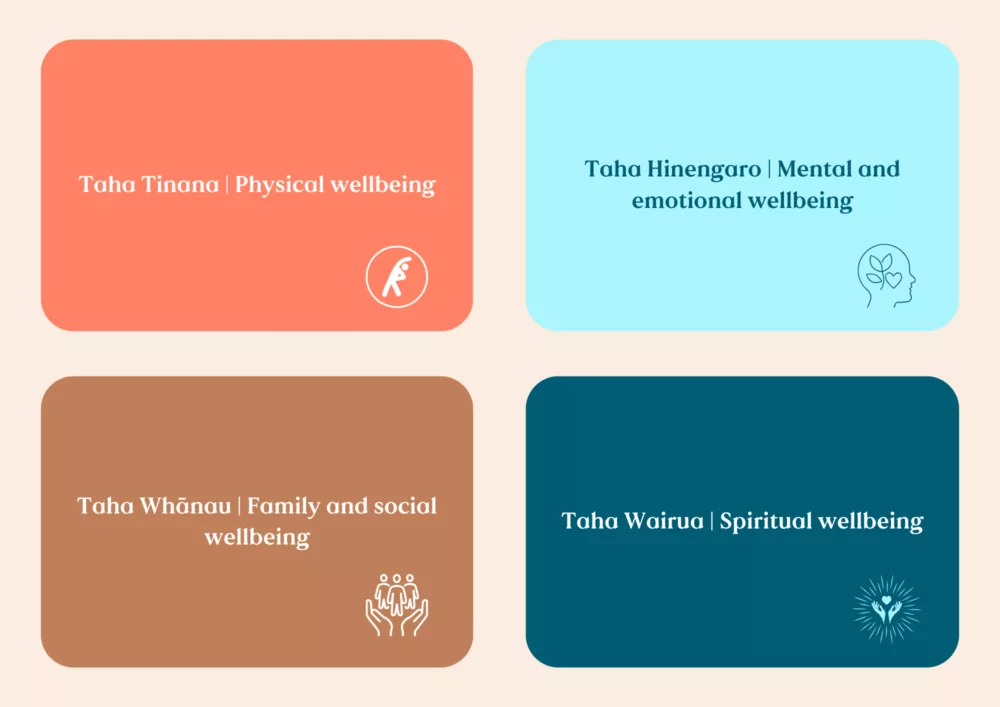
Your physical wellbeing
Check in with your body. The resources in this section focus on your physical body. You can find information on nutrition, breathing, exercise and body scan relaxations. Taha tinana is about how your body feels and how you care for it. How we care for and nurture our body impacts how we feel mentally also.
- Nutrition and fertility treatment tips from Alice Gormack, our specialist in fertility and pregnancy dietetics.
- Breath work – box breathing
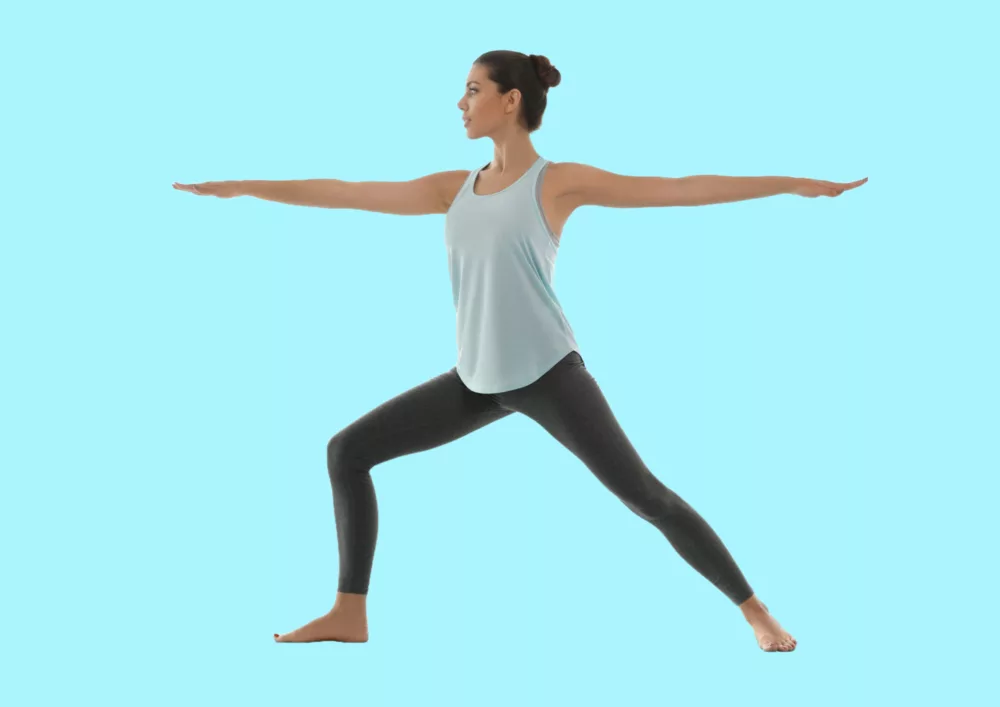
Your mental and emotional wellbeing
Check in with your emotional health. Resources in this section focus on you mental health, with information and managing the emotional ups and downs through treatment, exercises to help you get balance and relaxation techniques to help you get some mental space when you need it. Taha hinengaro is your mind, thoughts and feelings. It’s about how you feel, think and communicate what’s going on for you.
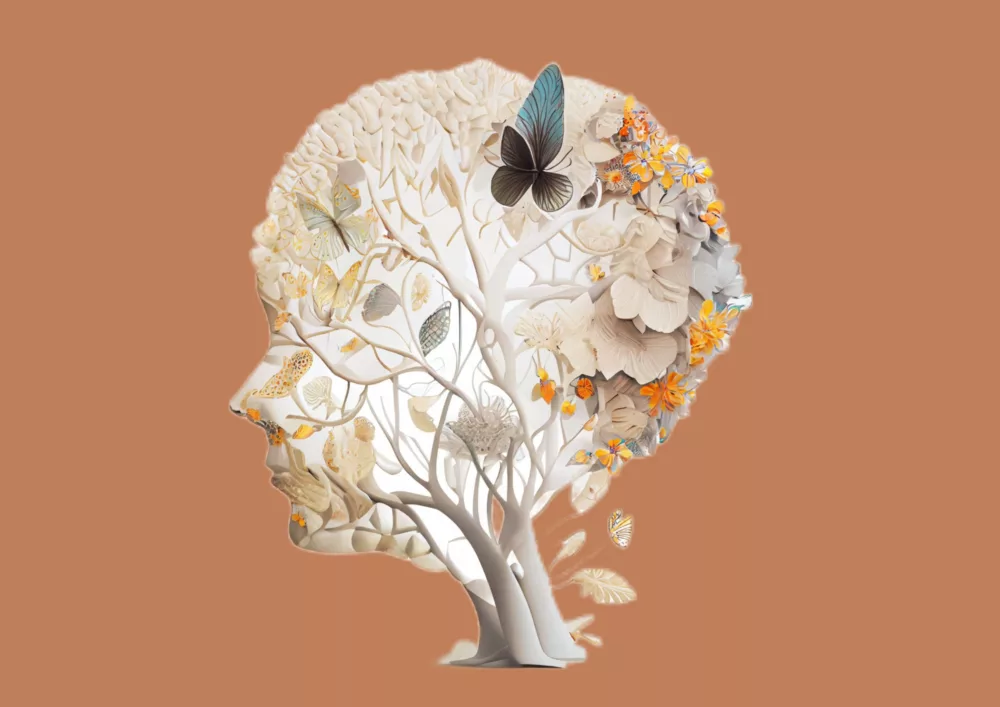
Check in with your social world. Experiencing infertility and going through treatment can impact you in a wider social context. Whether that be how you relate to friends, communicate with family or interact with your partner. This section provides resources focusing on human interactions, communication, talking about infertility and Intimacy. Taha whānau is about who makes you feel you belong, who you care about and who you share your life with.

Your spiritual wellbeing
Taha wairua explores your relationship with the environment, people and heritage in the past, present and future. The way people view wairua can be very different. Infertility can bring into focus our thoughts about life, meaning, connection and heritage. This section broadly looks at resources that help make space for spiritual thought.
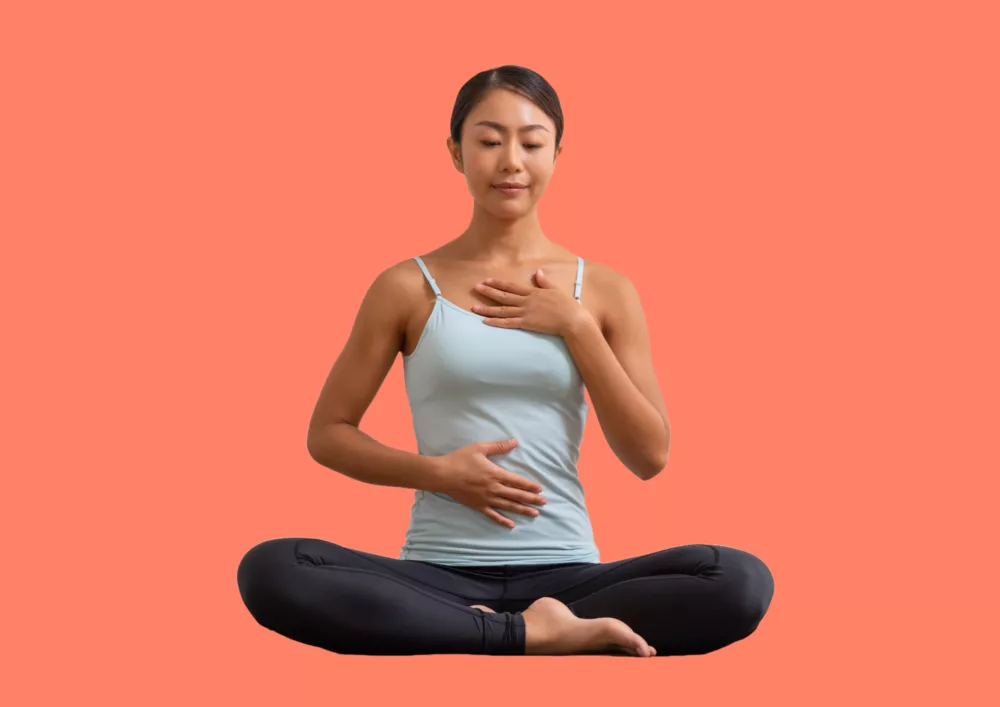
Relaxation and mindfulness scripts
Here you will find a selection of audio clips to help support you through your pathway. Check them out and find your favorites. These can be helpful to ground you in the moment, or provide a welcomed escape if you need some distance from your thoughts.
Breathing techniques
Mindfulness meditations
Physiological relaxations
Visualisations
Helpful links
How can I access more support?
We are here to help. On this page you will find information on how to access support at FA as well as useful links to external organisations who we work closely with.
Meet our team
-
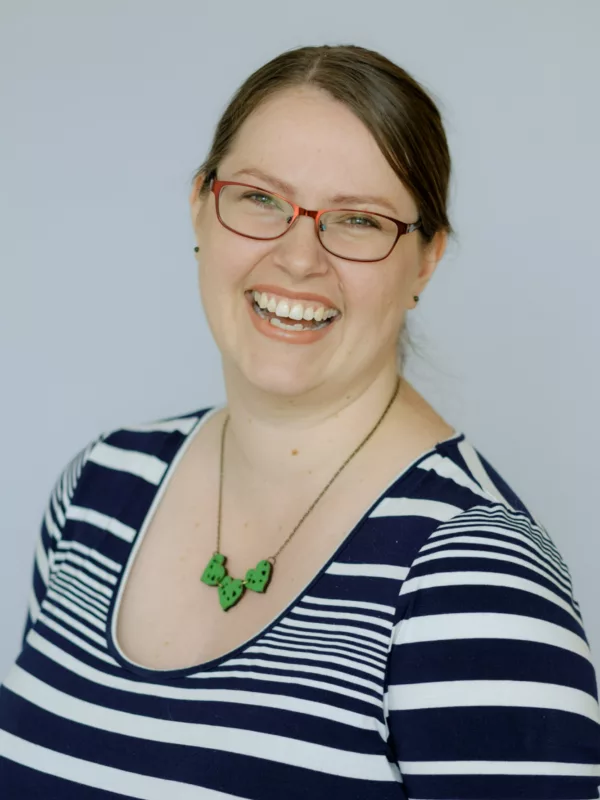
Caren August
Fertility Counsellor- Hamilton,
- Tauranga
-
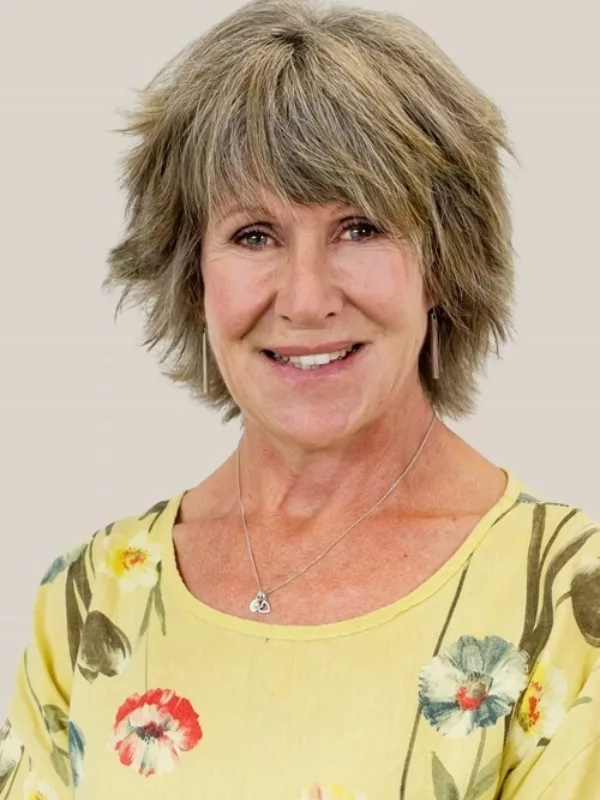
Anne Ott
Fertility Counsellor- Christchurch
-
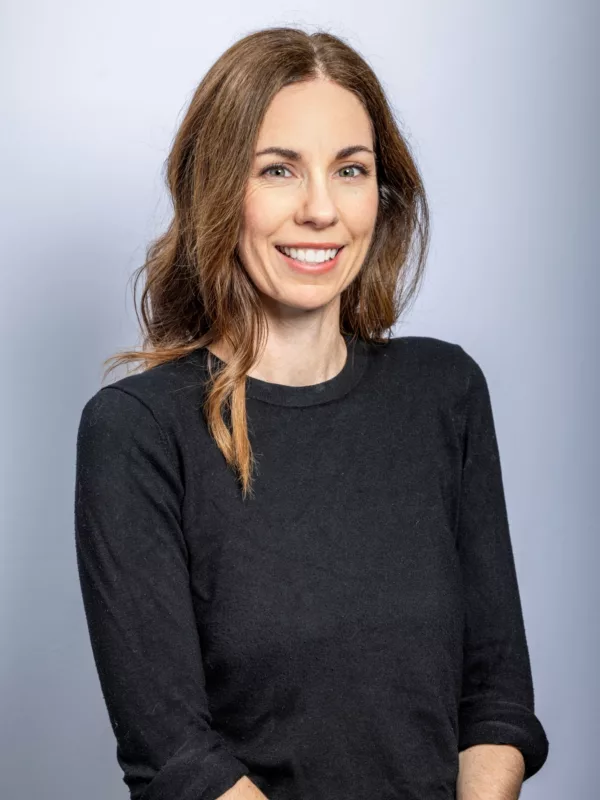
Andy Leggat
Psychology Director & Fertility Counsellor- Auckland - Remuera
-
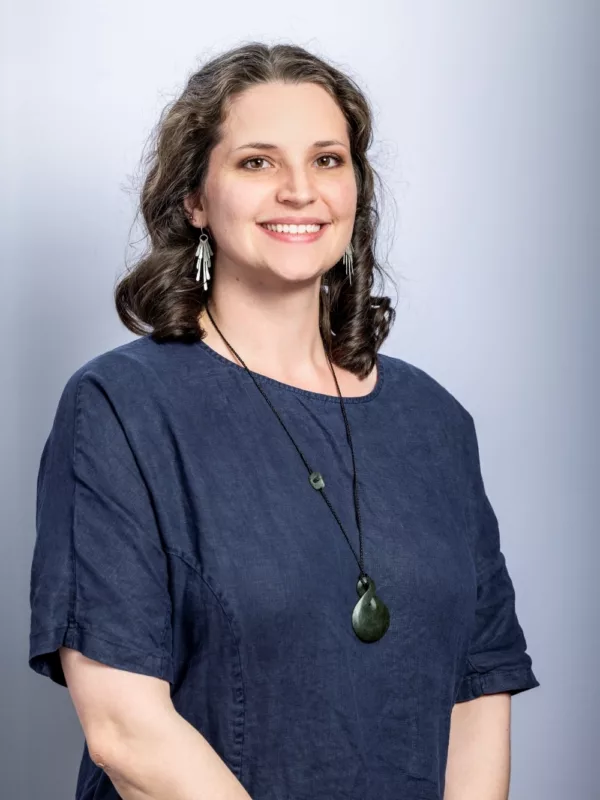
Kaitlin Allen
Health Psychologist & Fertility Counsellor- Auckland - Remuera
-
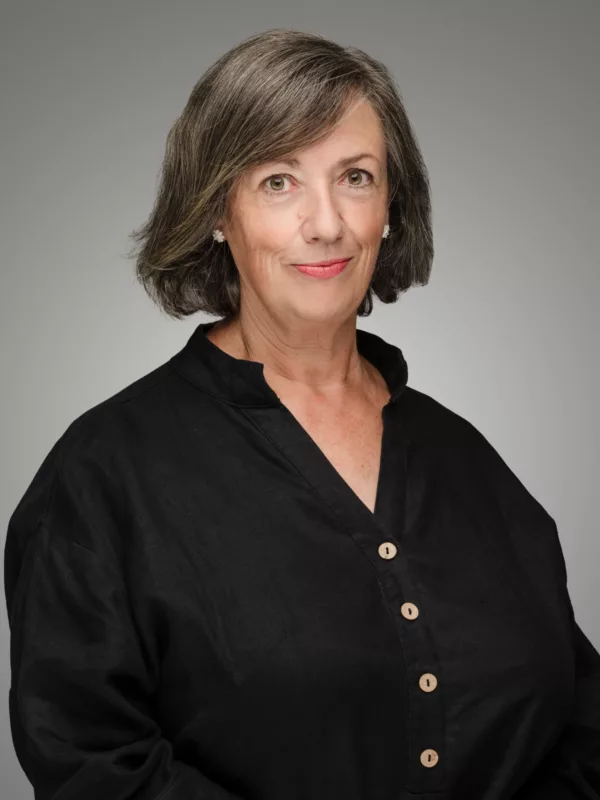
Margaret Stanley-Hunt
Fertility Counsellor & Group Counselling Lead- Wellington





Your social wellbeing